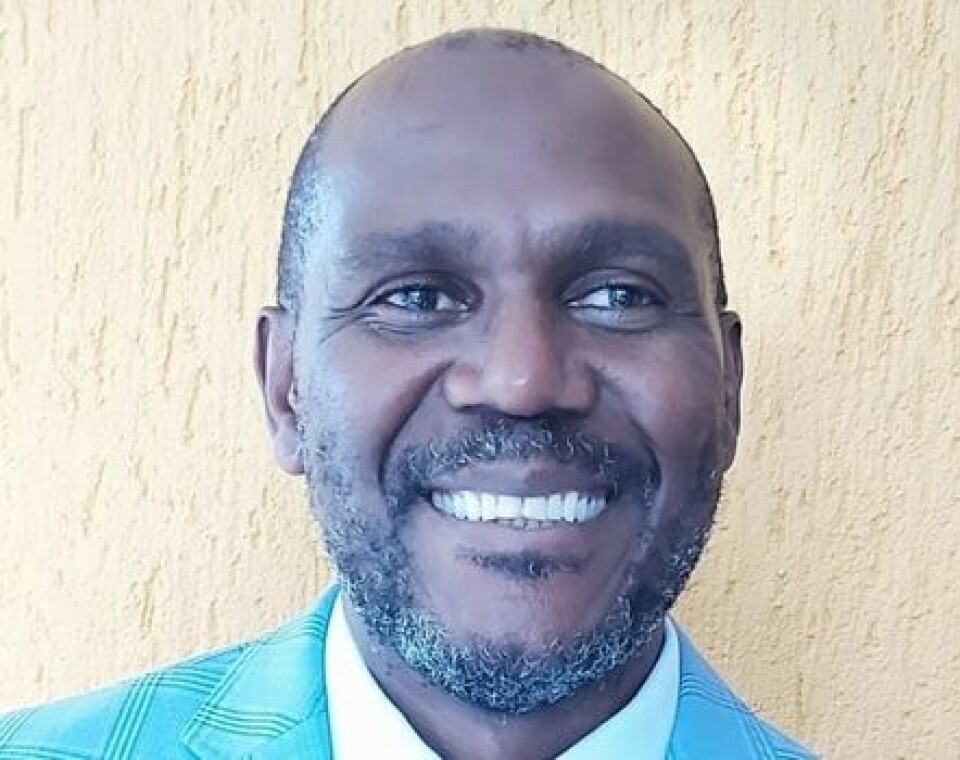Copyright : Re-publication of this article is authorised only in the following circumstances; the writer and Africa Legal are both recognised as the author and the website address www.africa-legal.com and original article link are back linked. Re-publication without both must be preauthorised by contacting editor@africa-legal.com
A Driver of Growth

In this interview Dr Skhumbuzo Ngozwana, president and Chief Executive of South African drug manufacturer and healthcare solutions company, Kiara Health and global expert on the African pharmaceutical industry reflects on the impact Covid will have in driving local self-sufficiency and innovation.
"Revealing” is the word that frequently comes to mind when considering the effects of the Covid-19 pandemic on societies. Inequities in healthcare systems and pharmaceutical and vaccine manufacturing and supply chains have all been truly revealed and highlighted – it is what it is.
Success in fighting the pandemic has largely been defined by several proactive actions – lockdowns, mask mandates and hand washing. But as we move into successive waves of infection with new variants, visions of success have shifted towards vaccinating populations. Those fortunate countries that are planning and executing rapid vaccination programmes frequently have the drug manufacturing and distribution infrastructures that make such ambitions a reality. As we are reminded again and again – this reality is not created equal and much of the developing world has been found wanting as external drug manufacturers, often in China and India, service their populations before offering their drugs to anyone else.
This has been especially true for Africa, but the Covid-inspired shocks to local healthcare systems have spurred governments, unions and private companies into coordinated action.
“Covid has shown us so much – it’s like HIV 2.0. Before, and early into the HIV crisis, our health care systems and infrastructure were very weak, with poorly trained teams and almost non-existent health networks. Importantly, it attracted money and expertise with several countries rebuilding and strengthening their healthcare systems and infrastructure,” says Dr Skhumbuzo Ngozwana, president and Chief Executive of South African drug manufacturer and healthcare solutions company, Kiara Health.
“Covid has presented us with a similar opportunity – new drugs are registered every day and we are rebuilding and training so many healthcare workers and strengthening the distribution networks.”
Even before the pandemic, Africa had significant drug manufacturing capacity, but this was vastly underutilised, with only 40% of its capacity being used. Supply was limited to a disparate set of drugs – vitamins and some old antibiotics – but nothing new and novel. In an attempt to streamline and rationalise production, meetings began between the Federation of African Pharmaceuticals and African manufacturing associations to see what companies would be able to produce and supply.
The pre-existing manufacturing potential already shows much promise.
“You have Pharmakina in the DRC – a leading supplier of Quinine in the world and others in Nigeria that are about to be WHO certified. These could even have the capability to produce the Johnson & Johnson vaccine and most importantly, all are willing to increase capacity to meet local demand,” says Dr Ngozwana.
Supplying personal protective equipment (PPE) from Africa has still proven to be a challenge. Some companies, such as one in Kenya that already made simple masks, were identified as potentially being able to produce KN95 masks but faced issues in obtaining the right equipment.
“The challenge here is that capacity is very limited and stays limited because procuring products from outside requires depending on the local private sector to supply what is needed. They never had any real ability to meet capacity,” says Dr Ngozwana.
Beyond the pandemic, local capacity for healthcare innovation is booming. Examples of this include pharmacy and engineering students at University of Nairobi developing a locally-manufactured ventilator which will reduce costs by roughly 90% and can run off both mains electricity and solar power. This follows a similar trend in Nigeria, where the National Institute for Pharmaceutical Research and Development also created an affordable, locally made ventilator.
The impetus to further develop, refine and connect local pharmaceutical and vaccine manufacturing capacity is set to rapidly expand over the next 5-10 years.
“If we talk about Ethiopia, Rwanda, Kenya, South Africa and Nigeria – there is significant development of local industry already and this is likely to lead to even more self-sufficiency for PPE and other essential products.”
The examples of this are myriad, with a pharmaceutical park being inaugurated in Nigeria recently and a similar facility, that is now fully functional, in Ethiopia, to vaccine manufacturers, such as Dawa Limited in Kenya, that could soon be producing a Covid-19 vaccine under license.
Ngozwana concludes, “A lot of the countries tend to react when things happen and when they go away, they default back to old positions. I do have some hope about South Africa specifically – that we have woken up and come to realise that healthcare or spending money on healthcare is good and should not be seen as an expense or cost – it is an investment and driver of future economic growth.”
To join Africa Legal's mailing list please click here
